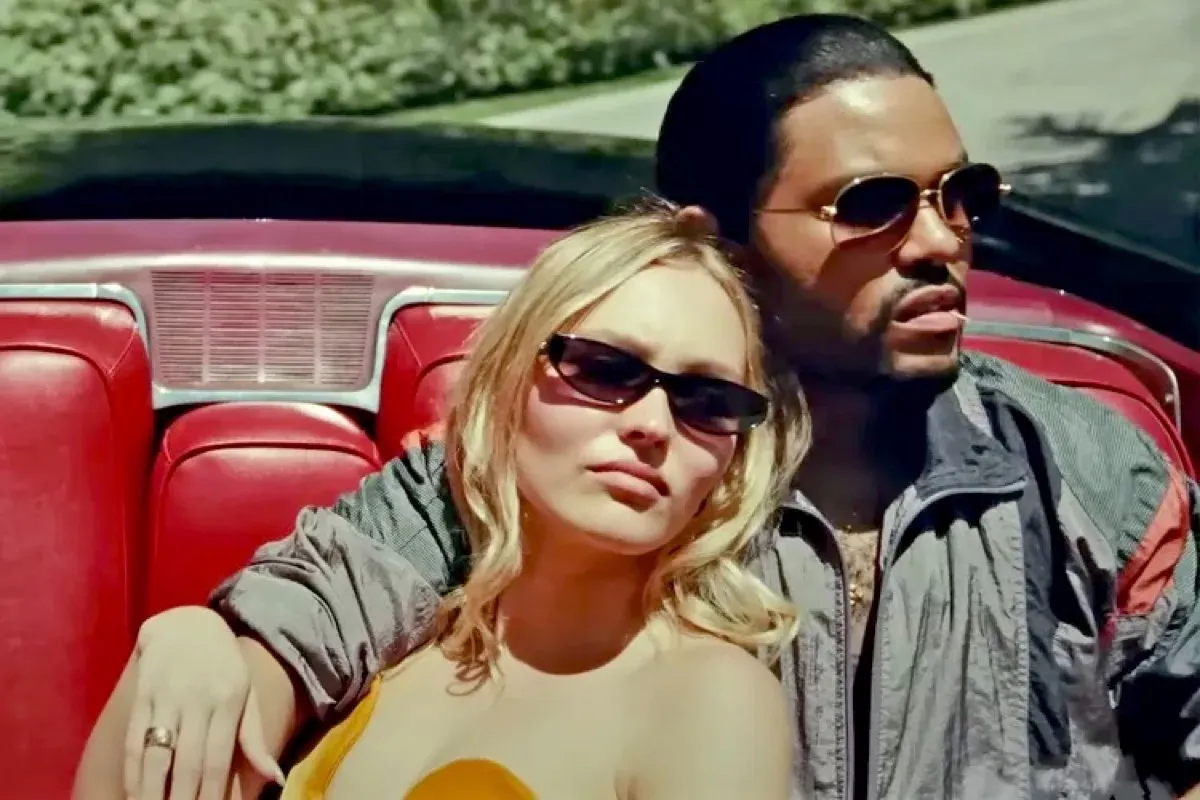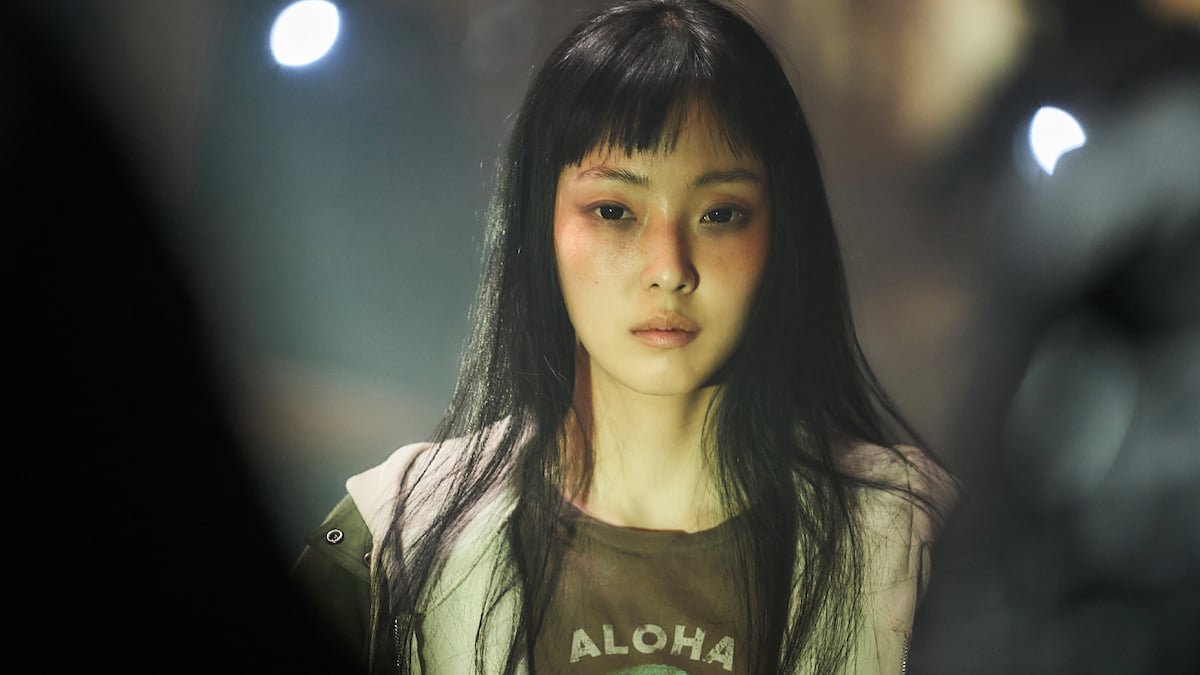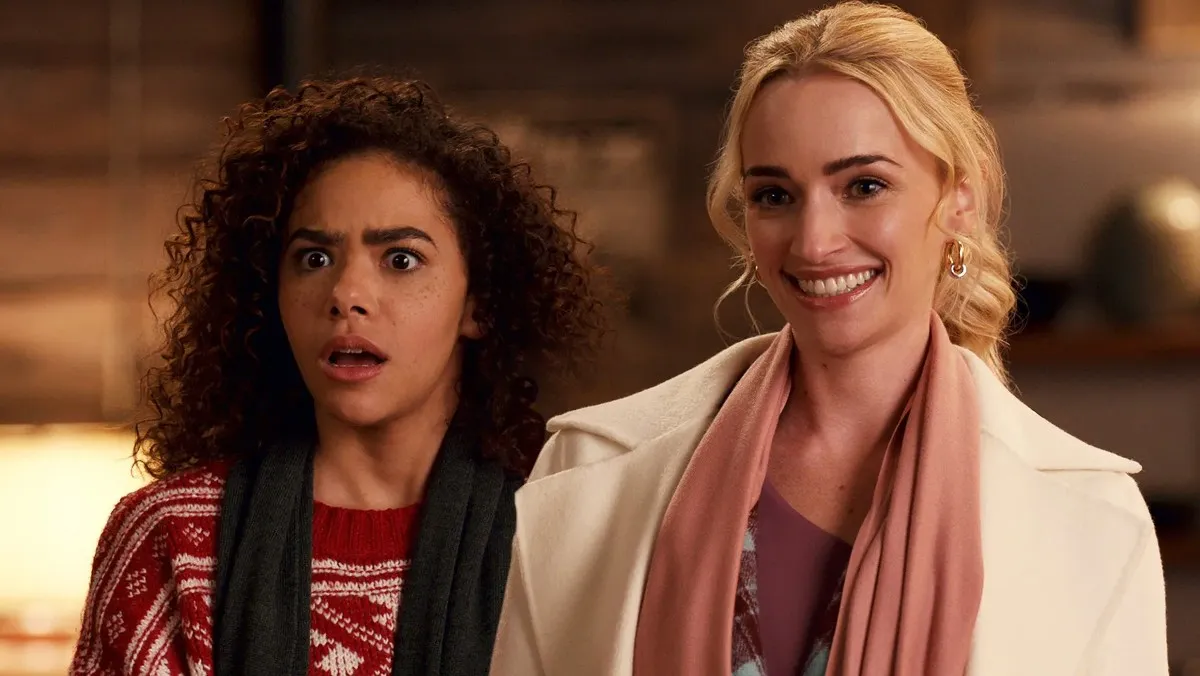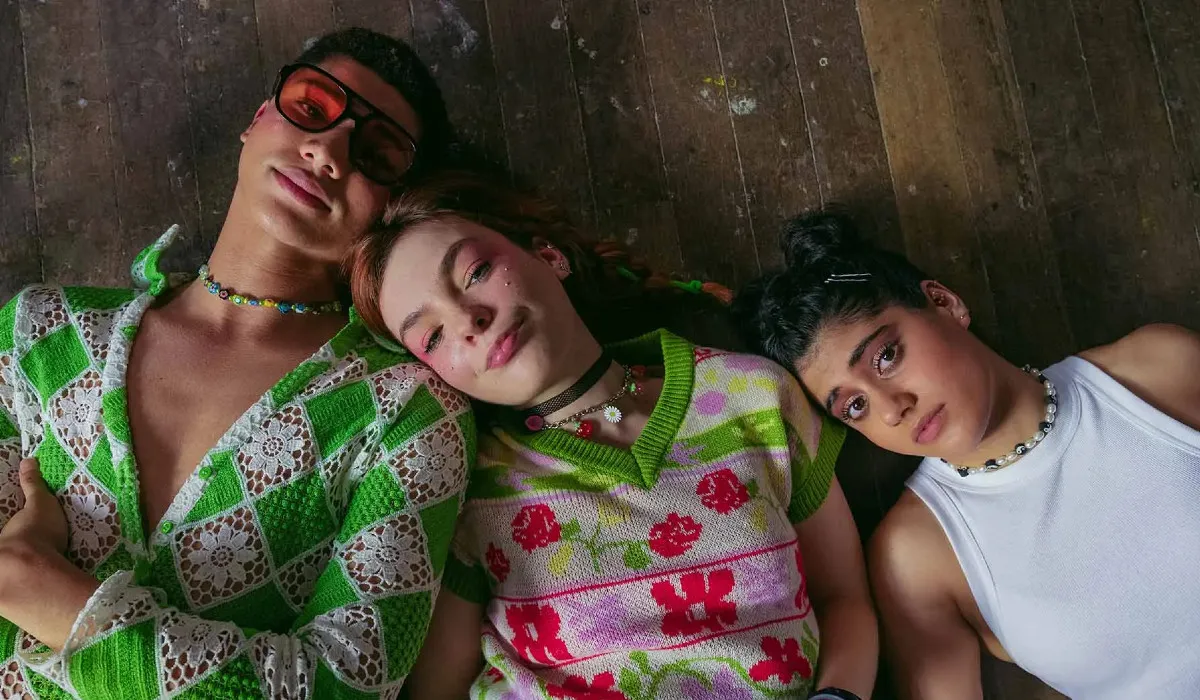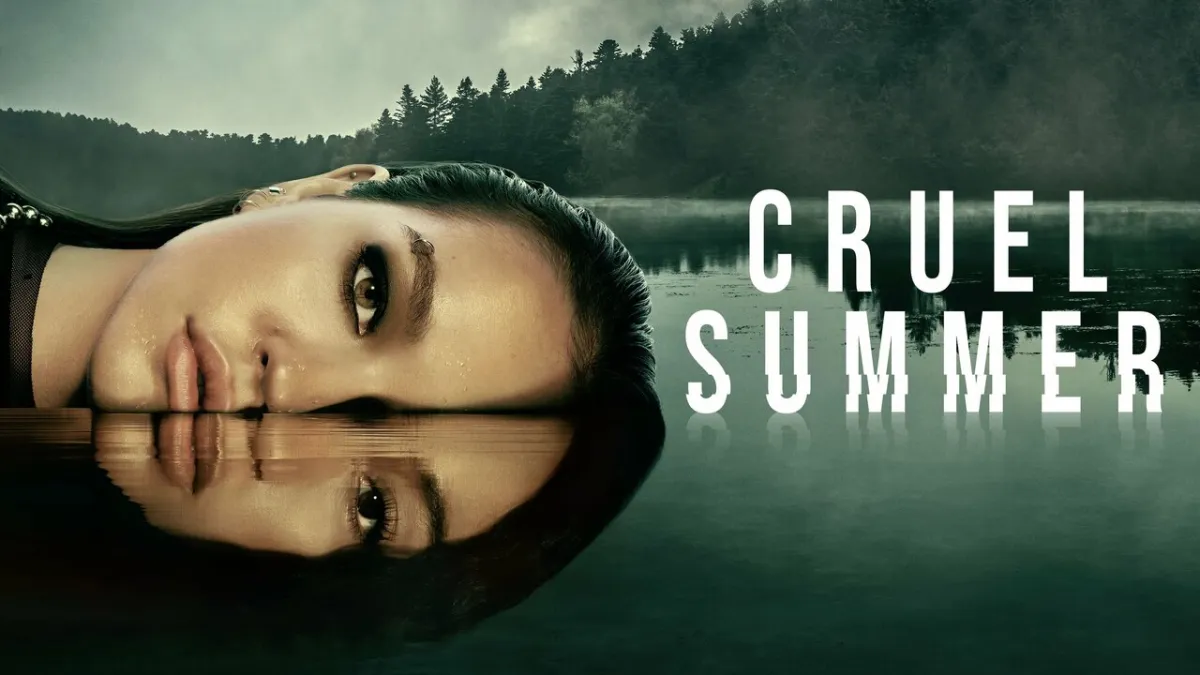When I finally decided to give HBO’s infamous Euphoria a shot, I walked away from it wondering how it was possible for a show to establish the foundations of so many interesting things, and then utterly obliterate them. The tools for such obliteration were almost always things meant to make us go, “Woah, wtf!” namely regarding sex. Such a shallow way of telling a story, especially when it’s predominantly about minors, left a sour taste in my mouth.
So, I wasn’t surprised to hear that the latest project in that “universe,” The Idol, was just as navel-gazingly provocative. Critics claimed that while fans of Euphoria might find value within this show, they were disgusted and weary of the indulgence of it all, because the indulgence ultimately served no real purpose. Just like in Euphoria, we were given a compelling concept that got served to us with pretty aesthetics and shockingly sleazy sex scenes.
Such sex scenes were intended to make us retaliate against purity culture, which is all well and good, but they ultimately fell incredibly short of providing any ostensible meaning beyond shocking and provoking the audience … which begs the question “Why?” Why do we need that when we already know that the easy accessibility of violent pornography is so conducive to all kinds of sexual problems? What is the artistic merit, beyond playing with dolls with no repercussions?
If it’s not already obvious, I don’t intend on watching this show. Even without my own personal history, sensitivities, and proclivities, I’m just incredibly tired of this cultural trend towards portraying sex as this shocking, eye-grabbing phenomenon, especially with no payoff.
The “meaning” of a sex scene
At its core, the act of sex is an incredibly intimate, vulnerable thing. You can shut your emotions off during the act, sure, but that doesn’t mean you aren’t still naked and stripping all pretenses to engage in an act with another person. Therefore, to make a sex scene actually work, and not just continue to push forward a patriarchal lens of “woman hot,” there needs to be some kind of purpose behind it.
I have always lauded the show Normal People for its portrayal of sex, as one example. The protagonists, Connell (Paul Mescal) and Marianne (Daisy Edgar-Jones), are regularly portrayed in sexual ways throughout the show, but every sex scene has a different meaning behind it that serves to contribute to the narrative. When Connell and Marianne have sex, it’s tender and doting, which conveys to us the strength of their bond. But when Connell sleeps with other girls, it’s hazy and almost dreamlike, showing that he’s miles away and not as close to them. Contrastingly, Marianne’s relationship to sex becomes warped as she goes on to date abusive men who hit her and treat her roughly.
Maybe this sounds like Euphoria to you. The difference, however, is staggering. In Euphoria, the girls are portrayed as partially enjoying this pain, and the pain is then shot in such a way to convey that it’s actually beautiful. When Cassie cries, we’re not meant to feel sorry for her—we’re meant to marvel at the fucked up shit she’s going through, and then quickly move on. After all, a part of her likes it, and it’s not like she even really cares that her nudes were leaked because it’s so like whatever. (Which is totally realistic, right?)
But when we see Marianne in these positions, she’s despondent, almost silent, and the shots reflect this. The sex sounds painful, and the music is softened and ambient. These shots don’t tell us that Marianne’s pain is beautiful; her pain is saddening, agonizing, especially when compared to her joy and pleasure when having sex with Connell. I wept while watching Marianne’s scenes, as they were incredibly true-to-life, and therefore cathartic. But when I watched Euphoria, I just felt sad and empty, as I was reminded yet again of how willfully ignorant some men will be regarding what traumas women actually go through.
And look, it’s not like the purpose of a sex scene must convey something “deep” and impactful. Sex scenes can stand on their own as fun, raunchy, silly moments, because sex itself is often just fun and silly. Insecure is loaded with sex scenes, and usually, the only purpose they serve is to tell us the girls are gettin’ it. My god, Molly and Andrew in Mexico? Woof. Similarly, the sex scenes in Fleabag are mostly meant to be a funny commentary on the titular heroine’s life, and how sex for her is a humorous, yet fulfilling way of passing the time. In either case, sex still has a meaning within the larger stories being told: It’s entertaining, and in the sexiest way!
But with shows like The Idol, there is nothing entertaining about the sex scenes, nor are they even actually sexy. They are designed to shock and titillate, with only the flimsiest of social commentary backing them up. Yes, we get it, the world is sleazy and predatory to women. You know who already knows that? Women.
Why must we continually be reminded of this? Why is our pain played up for shock and awe? Must our violations be dressed up in pretty lighting and pornographic poses? Must our dehumanization be such a source of fascination for the demographics that will likely always have the privilege of watching from afar? And when they watch, and they are not horrified, but instead aroused, must we let them dictate our stories, convince the world we actually like it?
Christ. And now And Just Like That… is returning, and we’ll probably get even MORE uncomfortable sex scenes purely designed to make us go, “Woah!! Damn!!” Can someone please just hire a writer who understands that sex is supposed to be fun and hot for both parties, or at the very least knows how to actually serve a narrative?
(featured image: HBO)



